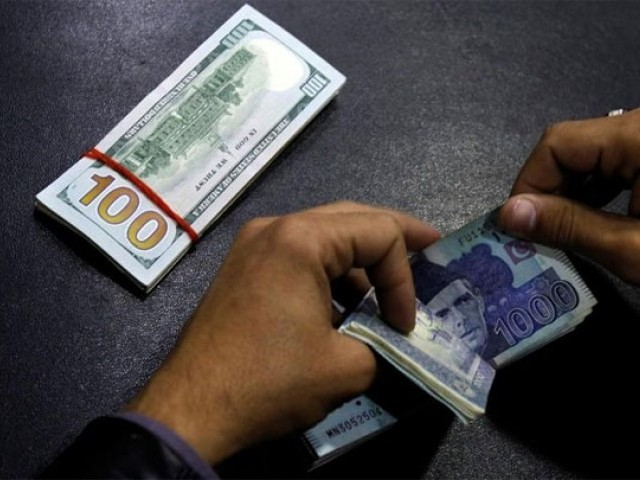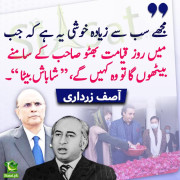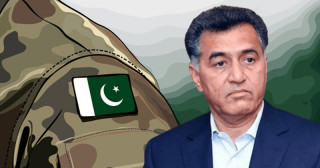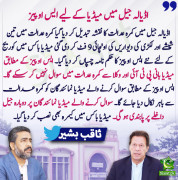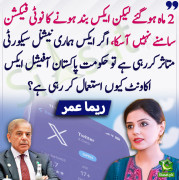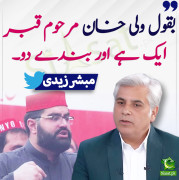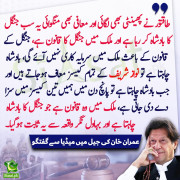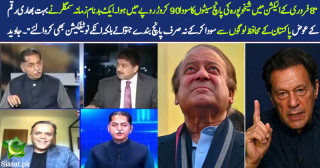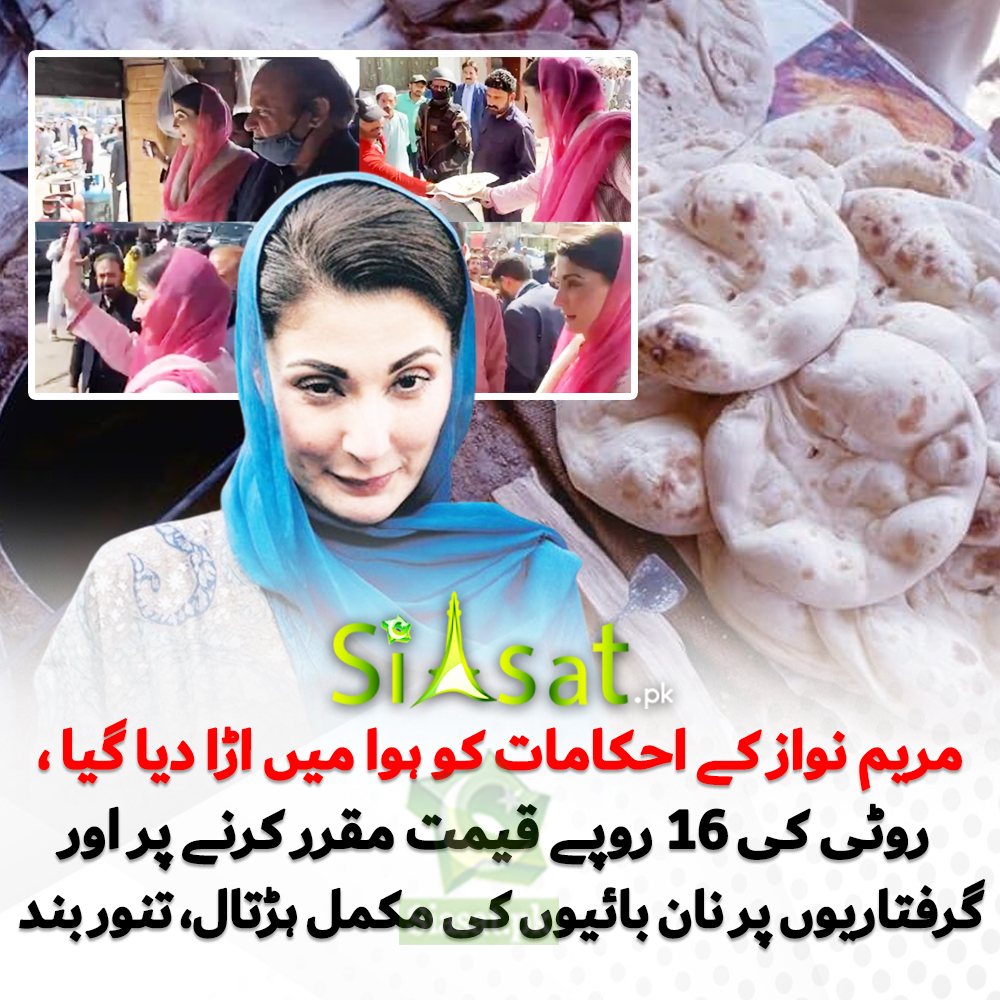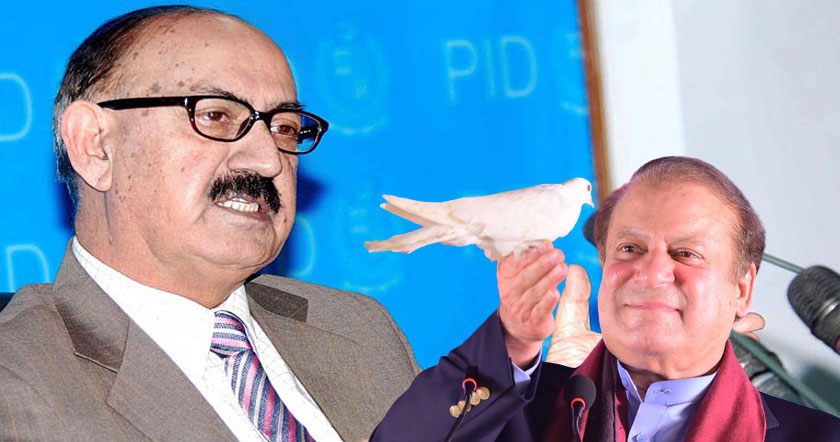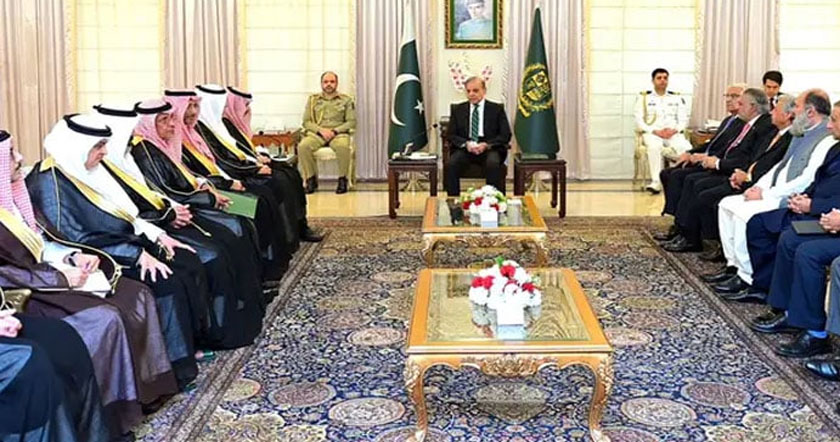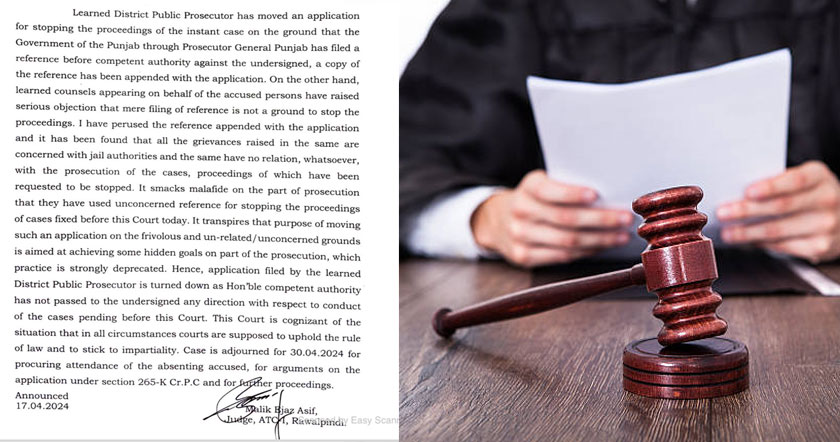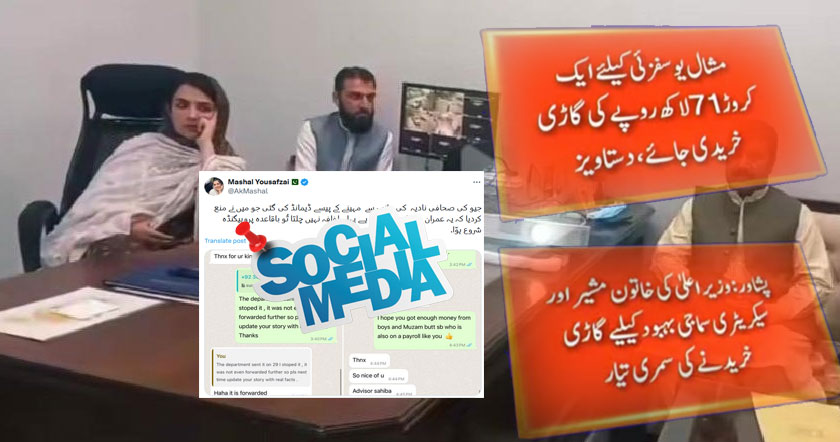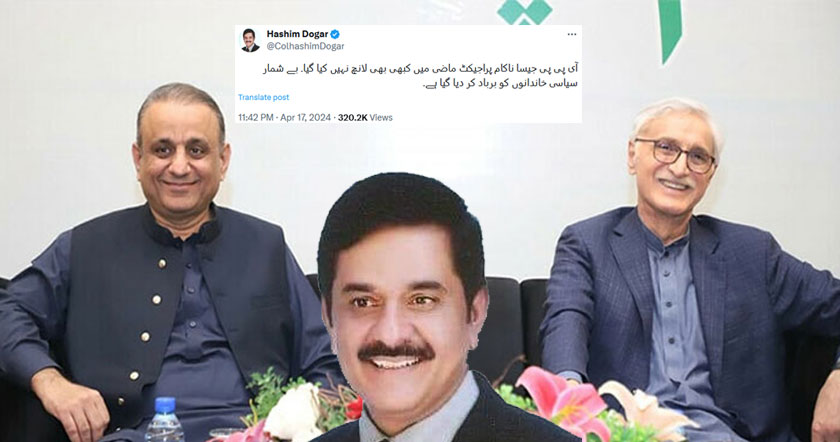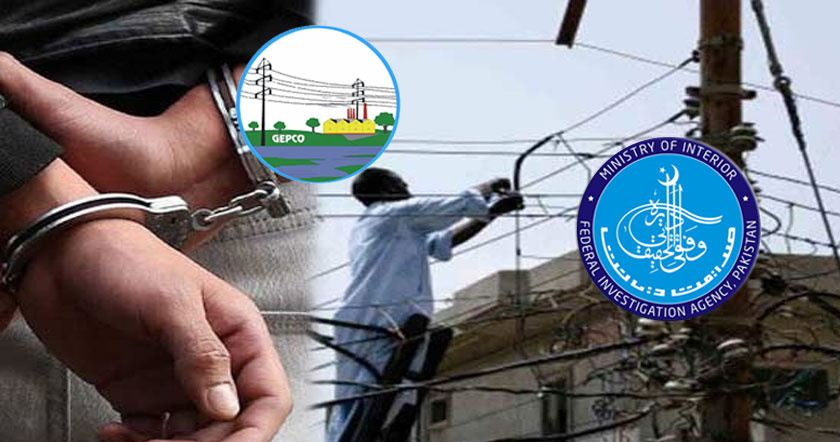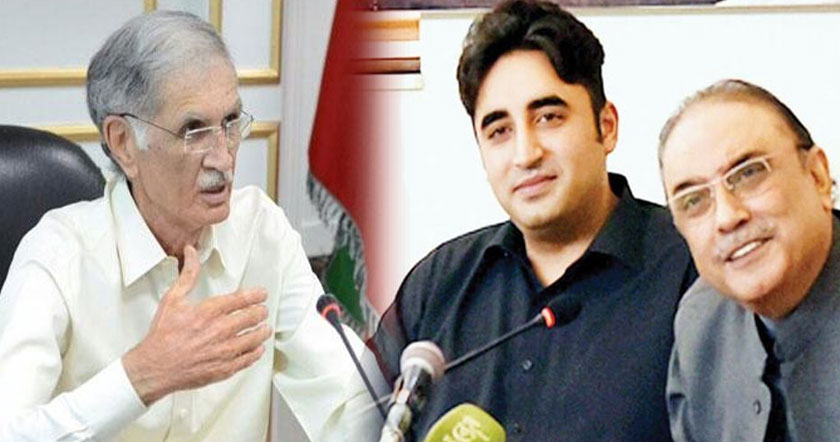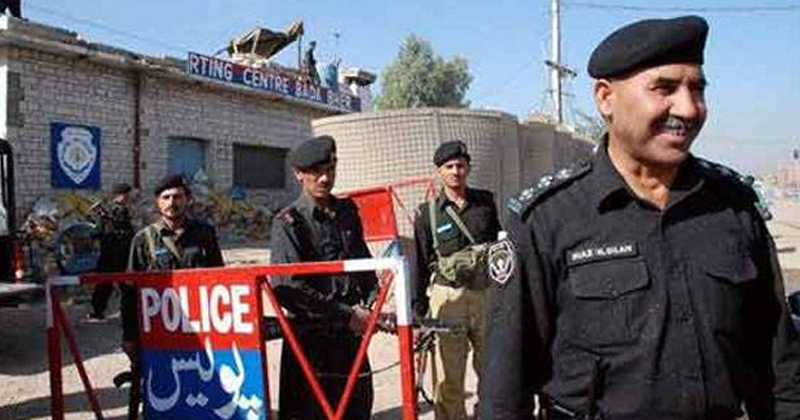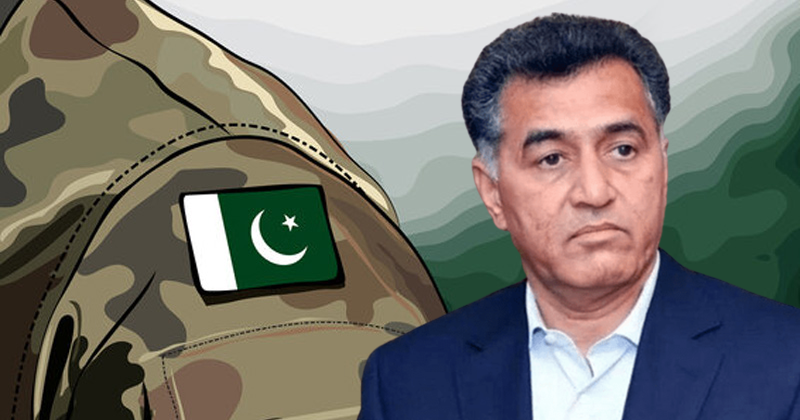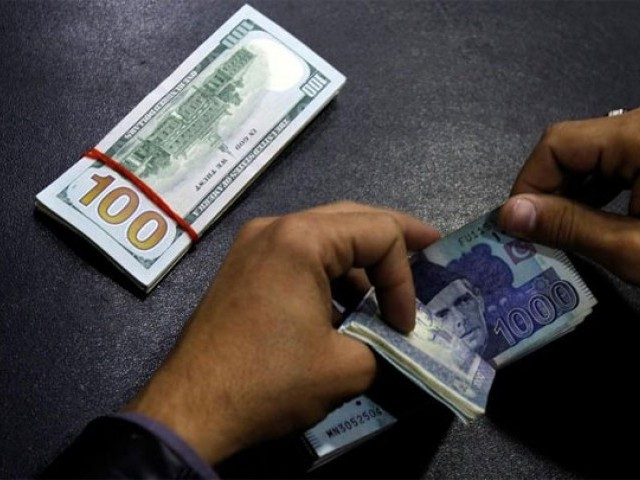
نیویارک:
امریکی ریسرچ ادارے فیچ سلوشنز نے پیشگوئی کی ہے کہ پاکستانی حکومت نے گذشتہ ہفتے دو مشکل فیصلے کئے جس سے پاکستان کی معیشت میں جلد بہتری آئے گی۔
غیرملکی خبررساں ادارے کے مطابق امریکی ریسرچ کے ادارے فیچ سلوشنز نے امید ظاہر کی ہے کہ پاکستانی حکومت نے گذشتہ ہفتے دو مشکل فیصلے کئے جس سے پاکستان کی معیشت میں بہت جلد ہی بہتری کا امکان ہے۔ ان دو فیصلوں میں ڈالر کے مقابلے میں روپے کی قدر میں 7.5 فیصد کمی اور 8 سال میں اسٹیٹ بینک کا شرح سود میں 1.5 فیصد اضافہ کرکے اسے 12 اعشاریہ 25 فیصد کرنا شامل ہے۔
فیچ سلوشنز کے مطابق شرح سود بڑھانے سے افراط زر میں آنے والے ماہ میں استحکام آئے گا، روپے کی قدر اور درآمد شدہ سامان کی قیمتیں بھی بہتر ہوں گی اور پاکستان کی معیشت میں استحکام آئے گا۔
امریکی ریسرچ ادارے فیچ سلوشنز نے پیشگوئی کی ہے کہ پاکستانی حکومت نے گذشتہ ہفتے دو مشکل فیصلے کئے جس سے پاکستان کی معیشت میں جلد بہتری آئے گی۔
غیرملکی خبررساں ادارے کے مطابق امریکی ریسرچ کے ادارے فیچ سلوشنز نے امید ظاہر کی ہے کہ پاکستانی حکومت نے گذشتہ ہفتے دو مشکل فیصلے کئے جس سے پاکستان کی معیشت میں بہت جلد ہی بہتری کا امکان ہے۔ ان دو فیصلوں میں ڈالر کے مقابلے میں روپے کی قدر میں 7.5 فیصد کمی اور 8 سال میں اسٹیٹ بینک کا شرح سود میں 1.5 فیصد اضافہ کرکے اسے 12 اعشاریہ 25 فیصد کرنا شامل ہے۔
فیچ سلوشنز کے مطابق شرح سود بڑھانے سے افراط زر میں آنے والے ماہ میں استحکام آئے گا، روپے کی قدر اور درآمد شدہ سامان کی قیمتیں بھی بہتر ہوں گی اور پاکستان کی معیشت میں استحکام آئے گا۔
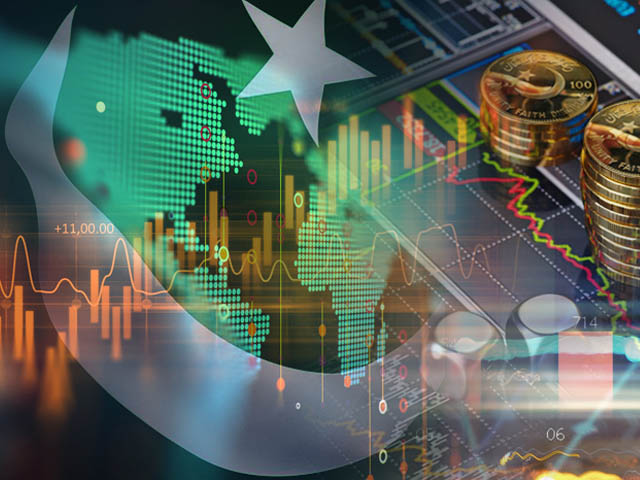
پاکستانی معیشت میں بہت جلد بہتری آنے کا امکان ہے، امریکی ریسرچ ادارہ - ایکسپریس اردو
روپے کی قدر اور درآمد شدہ سامان کی قیمتیں بھی بہتر ہوں گی، فیچ سلوشنز
KARACHI: Fitch Solutions, a US-based global research house, expects stability to return in Pakistan’s economy after the government making two tough decisions in the past week.
The two steps taken by the government include the aggressive key interest rate hike by 1.5 percentage points to 91-month (eight years) high at 12.25% on Monday and the 7.5% depreciation in rupee in the past few days to Rs151.95 against the US dollar in the interbank market on Wednesday.
“The aggressive pre-emptive hike will help to cool inflationary pressures over the coming months,” the research house said in a commentary.
“The 150 basis points interest rate hike will likely support a stabilisation in inflation over the coming months,” it noted.
The inflation will remain in single digit at 7% in the ongoing fiscal year and tough decisions will help offset the impact of higher international oil prices in the domestic economy.
The research house foresaw no further rate hikes during the remaining seven months of the current year. “Given our expectation for inflation to stabilise, we at Fitch Solutions forecast the SBP to maintain its benchmark interest rate at 12.25% throughout 2019,” it said.
The rate hike followed Pakistan’s agreement with the International Monetary Fund (IMF) on a bailout package (worth $6 billion) on May 12.
According to the SBP’s monetary policy statement, the rate-hike decision was driven by underlying inflationary pressures from higher recent month-on-month headline and core inflation, the recent exchange rate depreciation, an elevated fiscal deficit and its increased monetization and potential adjustments in utility tariffs.
Rupee stability
Fitch Solutions also anticipated a return of stability in the rupee-dollar exchange rate following the real interest rate strengthening to 3.5%.
“The interest rate hike has brought the real interest rate firmly into a positive territory of around 3.5%, which should help to stabilise the rupee and hence the prices of imported goods.”
FDI drops 52% as economic uncertainty bites
Fitch Solutions had predicted rupee deprecating to Rs148 against the greenback last Friday (May 17) in its commentary.
Negative fallouts
On the flip side, the rate hike and rupee depreciation decisions will discourage new investment in the country and there will be further economic slowdown, according
to Fitch Solutions.
The research house said it was considering revising down Pakistan’s rate of gross domestic product (GDP) to factor-in possible impact of the recent two decisions soon.
“Given the aggressive hike in interest rates, we believe that Pakistan’s GDP growth is set to slow over the near term. In addition to the likely fiscal consolidation measures agreed as part of the IMF Extended Fund Facility deal, the 150bps interest rate hike will discourage investment as well as consumer spending,” it noted.
“We forecasted the real GDP growth to slow from 5.4% in the fiscal year 2017-18 to 4.4% in the fiscal year 2018-19, but will be revising down our forecast within the coming weeks.”
The combination of rising interest rates and slowing economic growth will also discourage private sector borrowing which should also help in curbing inflationary pressures.
Commercial banks
The research house observed that with a weaker demand for credit from the private sector, commercial banks could be more willing to lend to the government at the new higher interest rate, thereby potentially improving the transmission mechanism of monetary policy.
Given the higher costs of borrowing and the likely reduction of public spending following the finalisation of the IMF deal, credit growth to the government (which rose by 14.5% year-on-year in April from 11.8% year-on-year in April) is likely to slow down.
Moreover, there is a chance that the interest rate hike could improve the interest rate transmission mechanism in the economy. According to the SBP, the government’s heavy reliance on the SBP for funding was because of the reluctance of the commercial banks to lend to the government, which had “diluted the impact of previous monetary tightening”.
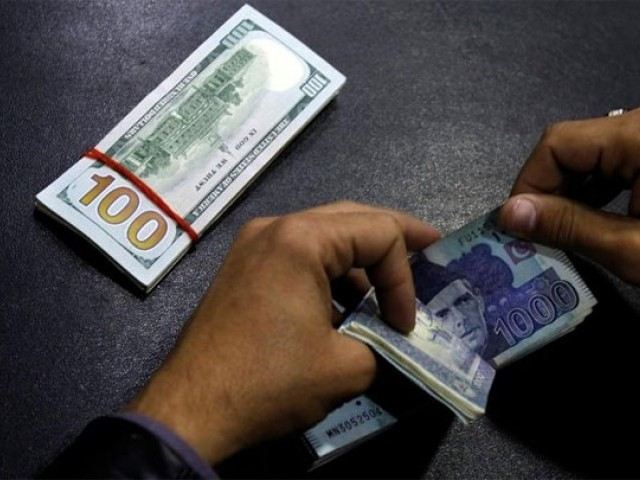
Pakistan's tough decisions on economy to pay dividends: Fitch | The Express Tribune
US-based global research house says interest rate hike to help curb inflation, rupee to become stable


